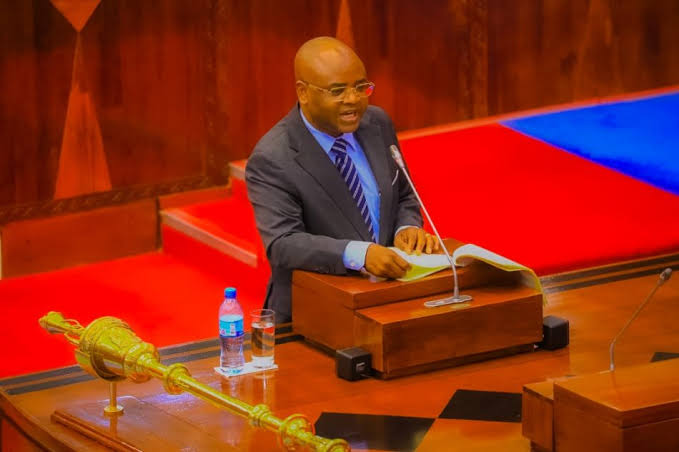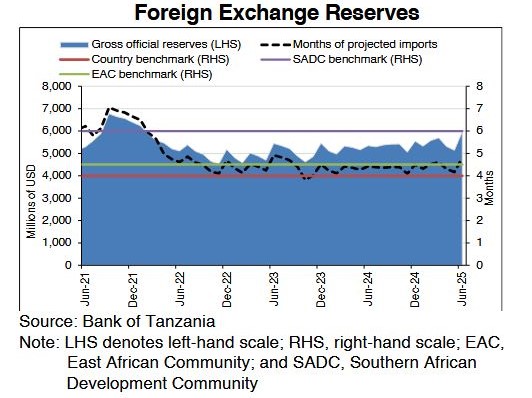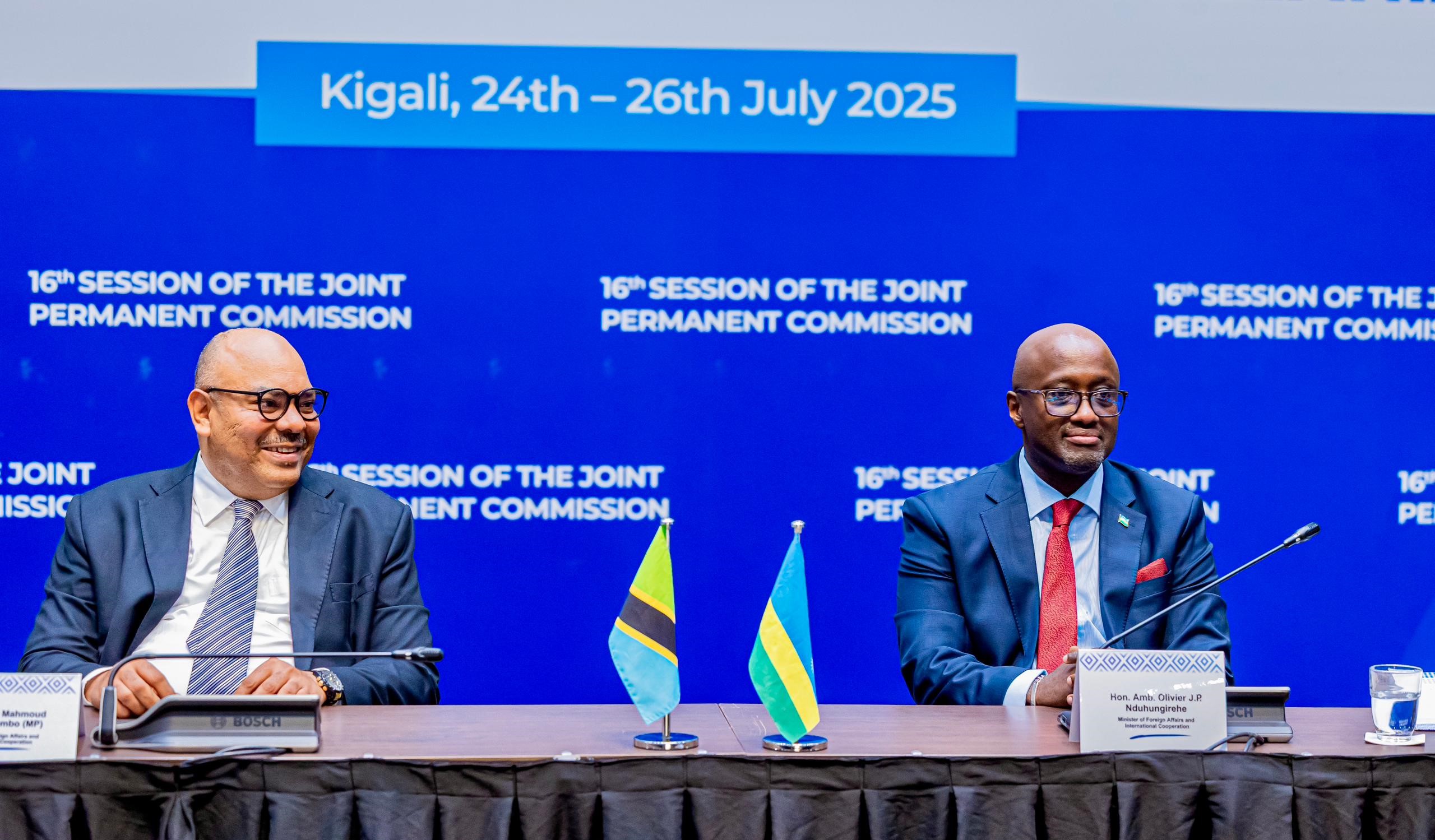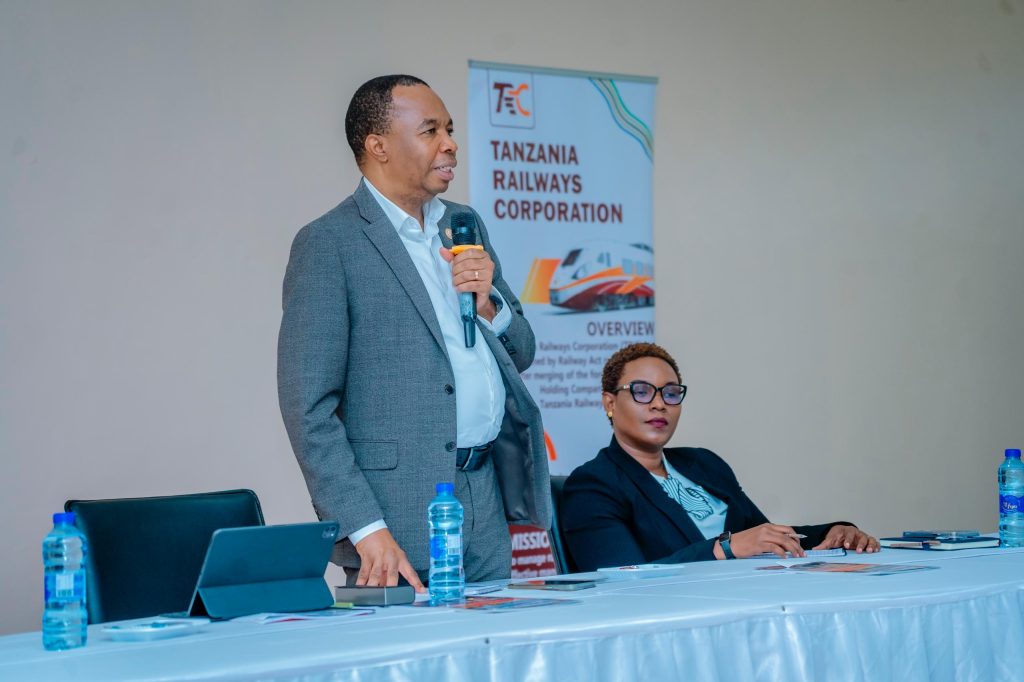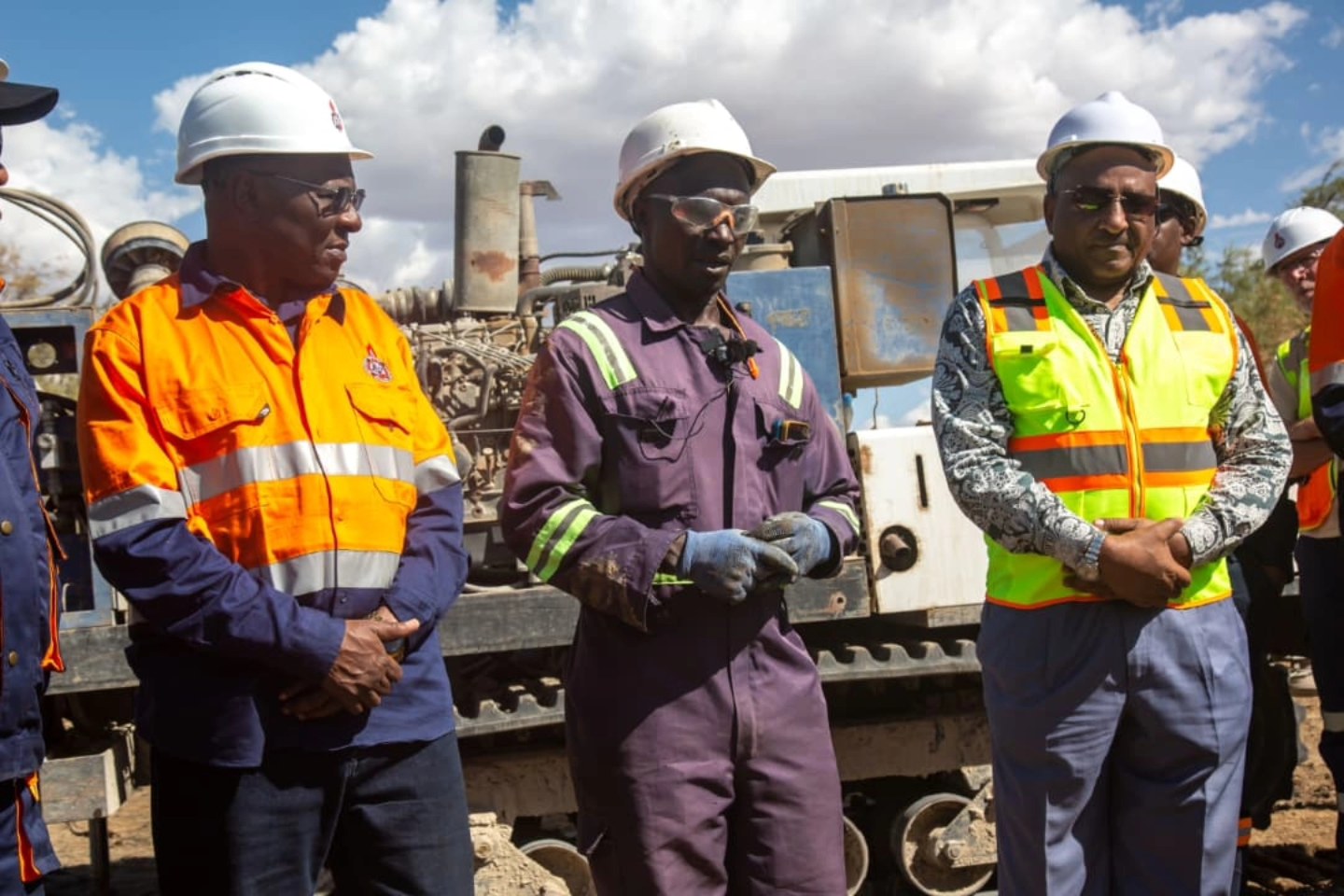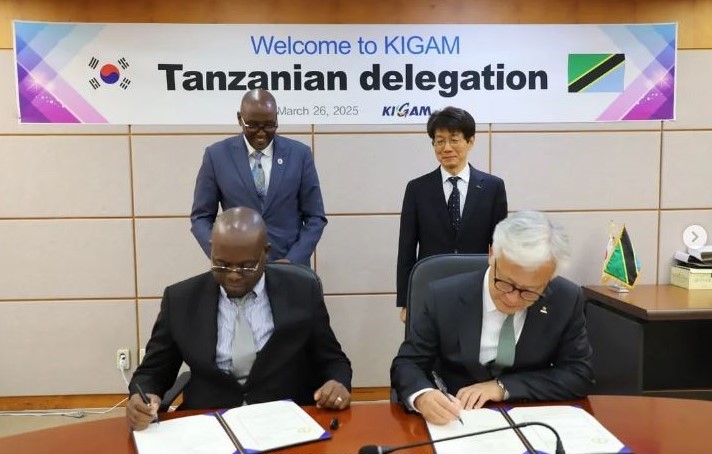Dar es Salaam. The passing by the Tanzanian Parliament of the Investment and Special Economic Zones Bill, 2024, signifies a watershed moment for the nation’s investment landscape.
This legislation, passed in Parliament in Dodoma on February 14, 2025 centres around the merger of the Tanzania Investment Centre (TIC) and the Export Processing Zones Authority (EPZA) into a single entity, the Tanzania Investment and Special Economic Zones Authority (TISEZA).
This strategic consolidation promises numerous advantages for both investors and the Tanzanian economy, although it also presents potential challenges.
The foundation of this merger lies in a comprehensive 2023 performance review of public institutions, which revealed significant overlaps in the roles and responsibilities of several government agencies, including TIC and EPZA.
The study found that these institutions were not operating as efficiently as they could, resulting in high operational costs and a fragmented investment environment.
This insight led the government to propose a merger, which would lead to the creation of the Tanzania Investment and Special Economic Zones Authority (TISEZA).
The Bill passed on February repealed and replaced the Tanzania Investment Act, 2022, the Export Processing Zones Act, 2002, and the Special Economic Zones Act, 2006.
The new Investment and Special Economic Zones Bill, 2024, which will be a proper law after it is assented to by President Samia Suluhu Hassan, is designed to create a more cohesive and efficient legal framework.
One of the key provisions of this Bill is the establishment of TISEZA, which will now serve as the primary government body for investment coordination, promotion and facilitation in the country.
TISEZA will take over the responsibilities of TIC and EPZA, acting as a one-stop shop for investors.
The creation of this agency is expected to streamline the process of registering investment projects, issuing investment licenses and resolving investment-related complaints.
Moreover, it will provide strategic direction in policy matters related to investment and special economic zones, including the establishment of a National Investment Development Committee.
This committee will be tasked with approving investment plans and recommending incentives for strategic investors.
Another significant feature of the new law is the introduction of a unified electronic system for investment processes.
This system will connect various government agencies involved in issuing permits, licenses, and approvals, making it easier for investors to access all the necessary services under one roof.
The creation of a central land bank is also proposed, which will hold information on government-designated investment land and privately-owned land available for lease.
Benefits
Streamlined investment processes
The primary advantage of merging TIC and EPZA into TISEZA is the creation of a streamlined and efficient investment process.
For foreign and domestic investors alike, the process of setting up a business in Tanzania has often been complicated by the need to interact with multiple agencies, each with its own procedures and requirements.
TISEZA will consolidate these services, thus reducing bureaucratic hurdles and minimising delays.
The one-stop-shop approach will improve the ease of doing business in Tanzania, which will likely attract more investment and improve investor confidence.
The introduction of a unified electronic platform will further enhance the process by making it easier for investors to submit applications, track progress and obtain the necessary permits and licenses.
By cutting down on the time and cost associated with navigating different government offices, Tanzania will present itself as a more attractive investment destination.
Cost reduction and efficiency gains
The consolidation of TIC and EPZA into a single authority is expected to lead to significant cost reductions.
The previous duplication of functions between the two institutions led to inefficiencies and higher operational costs.
By merging them, the government can eliminate redundant administrative structures, reduce overheads, and allocate resources more effectively.
This will not only make the investment process more efficient but will also improve the overall financial sustainability of the investment sector.
Improved investor care and enhanced competitiveness
With the establishment of TISEZA, Tanzania will enhance its capacity to provide better care for investors.
The new agency will offer a more integrated and holistic approach to investment facilitation, ensuring that investors’ needs are met more effectively and in a timely manner.
Additionally, the formation of a National Investment Development Committee will provide investors with clearer policy direction and more targeted incentives.
By providing a centralised and streamlined service, TISEZA will make it easier for businesses to set up operations in Tanzania, thus boosting the country’s attractiveness as a regional hub for trade and investment.
The investment environment will be more predictable and investor-friendly, which will enhance Tanzania’s position in comparison to other countries in East Africa.
Creation of special economic zones and land availability
The establishment of TISEZA also promises to improve land availability for investors.
The creation of a land bank will allow investors to access a centralized database of government-designated investment land and privately-owned property available for lease.
This will solve one of the major bottlenecks that investors face when setting up businesses in Tanzania: the difficulty of finding suitable and affordable land for investment.
Additionally, the new law emphasises the development of special economic zones, which will provide tailored environments for specific industries.
These zones will attract investment in strategic sectors such as manufacturing, agriculture, and technology, contributing to the country’s industrialization and economic diversification.
Despite the numerous advantages of merging TIC and EPZA, the process is not without its challenges.
Some potential hurdles include:
Managing the transition process
The merger of TIC and EPZA into TISEZA will involve the integration of two distinct organisational cultures and operational frameworks.
This transition may create temporary inefficiencies and challenges in the short term.
To mitigate this, the government should establish a clear roadmap for the merger process, with milestones and timelines for implementation.
Regular monitoring and evaluation will be crucial to ensuring that the new authority meets its goals and functions efficiently.
Maintaining investor confidence during the transition
During the merger, investors may be concerned about potential disruptions in service delivery or delays in obtaining approvals.
To address these concerns, the government should maintain transparency about the merger process and provide regular updates on its progress.
Ensuring that the new authority is up and running smoothly from day one will be critical to maintaining investor confidence.

